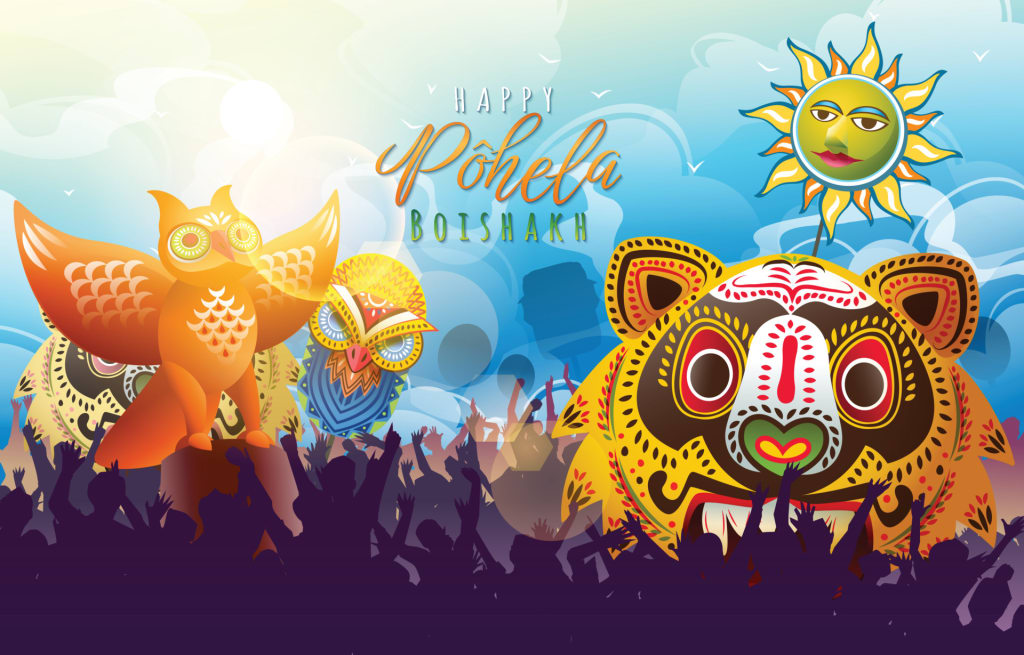Music Prompt? Music Thingy!
At work a few weeks ago, I was using that Spotify DJ thing, the AI tool that slightly bugs me on principle, but not enough for me to boycott it. (You know the one?) Anyway, I was jamming out to songs I was familiar with, a few new ones, and then all of a sudden, I was stopped in my tracks.


Comments
There are no comments for this story
Be the first to respond and start the conversation.